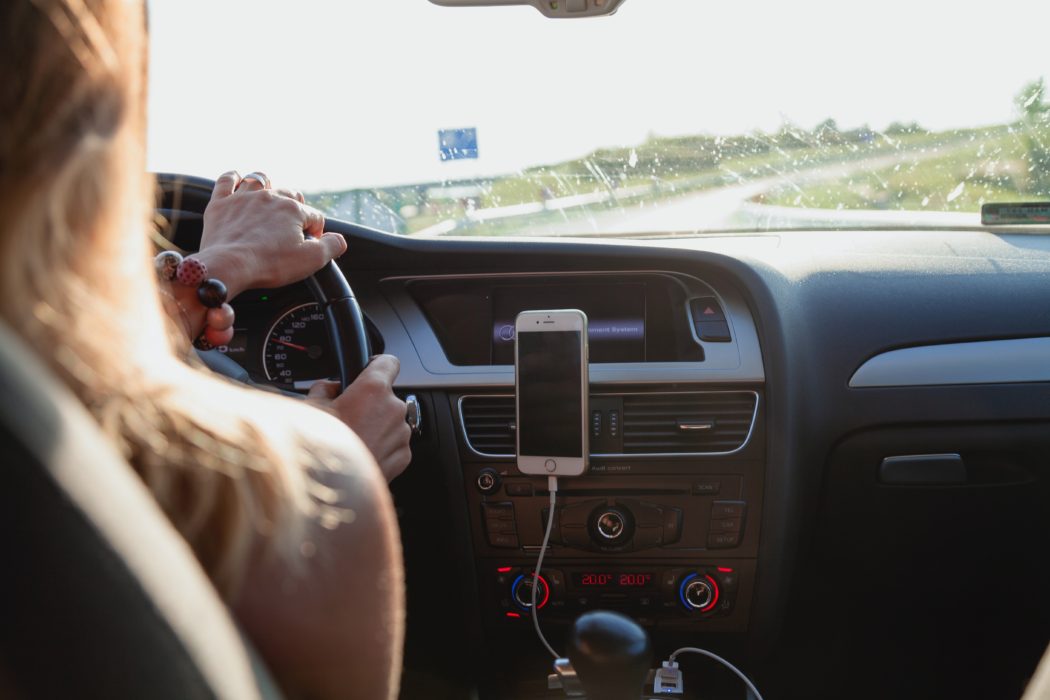In defense of disallowing freshmen drivers
I moved across the country from one small college town to another, from rural western North Carolina to rural(ish) northern Utah. Like many students who have to get residency for in-state tuition, I stayed the summer after my freshman year. I didn’t have a car, so I resorted to working three to four on-campus jobs in addition to waitressing at Tandoori Oven. I don’t know why it never crossed my mind that a car is considered a necessity in both places. Yet, since then, I can see how not having a car actually proved to be at least semi-advantageous. Primarily, I saved dozens of hours and thousands of dollars in obtaining a parking pass and paying the subsequent fees, gas, car registration, emissions tests and other car maintenance. And, of course, I got to know Logan’s Utah State University campus so well that it really felt like home — and I was sorry to leave it.
USU — like most other universities in the United States — is suffering from parking shortages. As one of the most prominent colleges in Utah with a generous acceptance rate, the Logan campus’s inviting atmosphere is home to over 14,000 undergraduate students, over 1,500 graduate students and over 2,000 members of the campus workforce. At several of the colleges in my home state of North Carolina, university administrations have found a solution: limiting freshman parking on campus or disallowing freshmen to have a car at all.
There are a few obvious pros in limiting freshman access to campus parking and/or private vehicles. Undergraduate freshmen, in general, represent the largest class at most universities. By disallowing freshmen to park on campus, there will be more parking available for upperclassmen, employees and faculty, and events. This, in turn, could discourage USU from having to build more parking garage eyesores, which ruins one of the things that makes USU and Logan so attractive: its natural beauty. Voted the most beautiful college in Utah by Time Magazine, this asset is something that USU shouldn’t have to bargain away.
Limiting freshmen access to private vehicles encourages them to stay on campus. This poses several benefits, especially when coupled with requiring freshmen to live on campus their first year: becoming familiarized with USU’s 400-acre spread, making friends with other freshmen (who are also relatively stuck on campus), and fostering more involvement in campus activities. Plus, USU’s main goal for freshmen stated on their welcome website, “Life begins at the end of your comfort zone,” is less likely to be accomplished by freshmen who have their own car to take them home every weekend.
Freshmen who stay on campus would ideally be exposed to fewer (potentially dangerous) off-campus distractions. College is supposed to be an exploratory experience and, for many, that includes drug or alcohol consumption (even on a dry campus like USU). Prohibiting freshmen from parking on campus or having a car would hopefully decrease the number of drunk drivers and other alcohol-related incidents at USU and in Logan. And in the time of COVID-19, anything that could limit the transmission of the virus both to and from campus is a definite advantage.
An essential part of the college experience is the opportunity for freshmen to leave the nest and establish their identity as an adult. While disallowing freshmen to have cars can definitely be construed as a limitation of their freedom, it actually fosters the ability for freshmen to capitalize on the moments proven to be the most precious after graduating: academic advancement and lifelong friendship.
 Sage Souza is a junior studying political science and Spanish. In her free time, she enjoys long walks on the beach, making too many playlists on Spotify, and retweeting karl marx fancams.
Sage Souza is a junior studying political science and Spanish. In her free time, she enjoys long walks on the beach, making too many playlists on Spotify, and retweeting karl marx fancams.
@sageksouza

